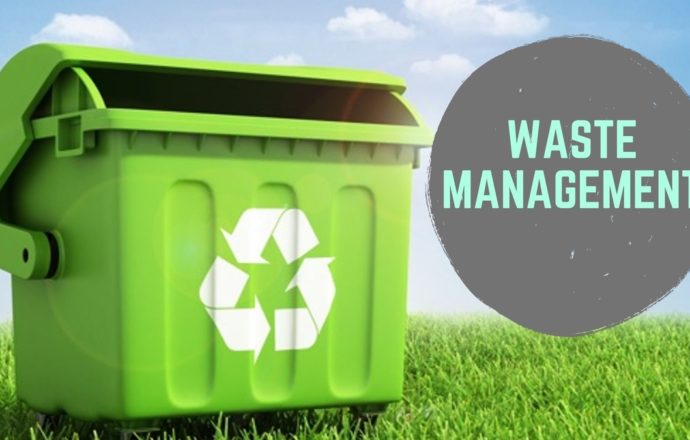The accumulation of garbage in many different types of businesses is on an upward trend year over year. For the year 2018 alone, for instance, Germany generated approximately 405,524 tones of garbage. The management of garbage is a collaborative effort by private businesses and public authorities. Nevertheless, a surprising number of businesses have a pattern of ignoring it, while not having a deep understanding of the myriad positive aspects associated with effective waste management.
The Following Are Four Reasons Why You Should Pay Close Attention To Waste Management:
With the situation of the planet continuing to deteriorate in which we currently find ourselves, waste management in industrial settings has become an increasing concern. The management of waste has both direct and indirect effects on the company, such as the following:
1. The State Of The Environment In The Areas Immediately Next To The Business
Waste that is not managed in an appropriate manner can be harmful to the environment, particularly the area immediately surrounding the business district. There is a potential for contamination in the area’s air, water, and soil. The members of the neighbourhood who live close to the company are impacted by this scenario. Not only that, but the local flora and fauna are also in danger in that region.
In the grand scheme of things, the contribution of industrial waste to climate change is significant. The release of a significant quantity of greenhouse gas into the atmosphere is caused by the operation of manufacturing plants. It brings about an increase in the temperature of the planet. This causes climate anomalies such as a longer rainy season & typhoons to occur as a result.
2. The General Health Of The People Who Live In The Surrounding Areas
The health of people who live in close proximity to industrial zones is negatively impacted when garbage is not properly managed. People’s exposure to hazardous waste from industrial processes most frequently causes the following health issues in them:
The corporation is in danger of being sued by members of the community, in addition to the moral problems that are associated with the state of human health. Because of this circumstance, the company’s operations can be put on hold, and the company might even go out of business. Governing bodies in a great number of nations have initiated the process of putting into effect stringent legal guidelines relating to this matter.
3. The Costs Of The Company’s Production

A decreased cost of production is one of the essential benefits that the company receives from the unknown benefits of waste management. It requires a lot of work to put together an effective programme for the administration of garbage, particularly in the beginning stages. On the other hand, the corporation will notice that the cost of production will decrease over the course of time.
This occurs as a result of the phase of recycling, which develops into a key components of waste management. Because of this procedure, the company is now able to recycle previously used materials in the manufacturing process. As a consequence of this, there is a decreased requirement to acquire raw resources. Because the materials are so easily accessible, the amount of time needed to produce the product is reduced.
4. The Opportunity For A Higher Gross Margin
The company stands to receive an additional financial advantage in the form of increased profit if it manages its trash in the appropriate manner. Because of the decreased expenses of production, the company is now able to use the fund into improving other elements of their business.
One possible outcome is an increase in the number of new product inventions. Additionally, the corporation now has increased opportunities to invest in the development of its human resources.
Marketing items in a responsible manner can also be an effective method to manage waste. Over the course of time, people have developed a greater knowledge regarding the importance of mindful consumerism.
As a consequence of this, a large number of consumers are prepared to spend additional dollars on goods that are produced in a manner that does a smaller amount of damage to the environment throughout the manufacturing stage.

